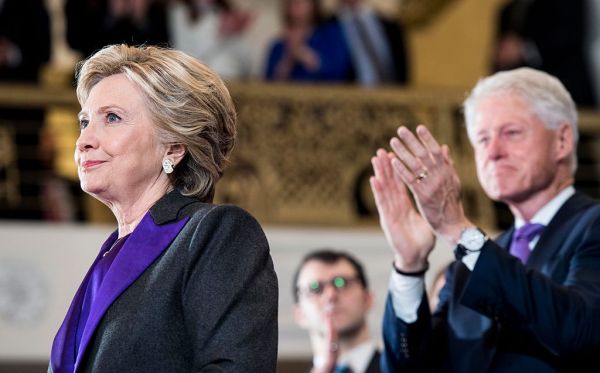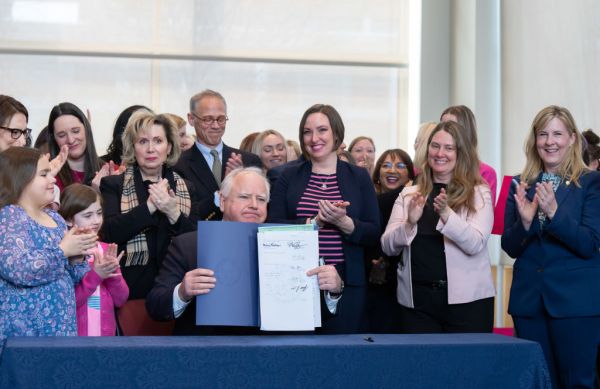At a campaign event in Las Vegas last week, Vice President Kamala Harris called for an end to federal taxes on tips for service and hospitality workers, echoing a similar proposal previously endorsed by former President Donald Trump in June.
In response, some social media users have claimed that, while serving as vice president, Harris cast a tie-breaking vote in the Senate in favor of a bill that introduced taxes on tips.
One Instagram reel includes video footage of Harris, in her role as Senate president, casting the tie-breaking vote to pass the Inflation Reduction Act (IRA) of 2022 with the caption, “Kamala taxed your tips.”
These claims are false. The IRA did not create or add any taxes for tips. Moreover, tips earned by workers have been subject to federal taxation for more than 40 years, since the Tax Equity and Fiscal Responsibility Act of 1982 was passed and signed into law. “All cash and non-cash tips … received by an employee are income and are subject to Federal income taxes,” the Internal Revenue Service (IRS) states on its website. “All cash tips received by an employee in any calendar month are subject to social security and Medicare taxes and must be reported to the employer.”
While the IRA did not expand taxes on tips, it did provide $80 billion in funding for the IRS intended to better enforce compliance with the federal government’s tax code.
In February 2023, the IRS introduced the Service Industry Tip Compliance Agreement (SITCA) program, an improved voluntary tip-reporting system that accounts for tips paid electronically or in cash. The new SITCA program will replace three other tip reporting systems and is intended to be the “sole tip reporting program for employers in all service industries,” according to the IRS. The lone exception appears to be in the gaming industry, where eligible employers could continue participation in the industry-specific tip-reporting system—the Gaming Industry Tip Compliance Agreement (GITCA) program.
“The proposed SITCA program is designed to take advantage of advancements in point-of-sale, time and attendance systems, and electronic payment settlement methods to improve tip reporting compliance,” the IRS wrote in February 2023. “The proposed program would also decrease taxpayer and IRS administrative burdens and provide more transparency and certainty to taxpayers.”
If you have a claim you would like to see us fact check, please send us an email at factcheck@thedispatch.com. If you would like to suggest a correction to this piece or any other Dispatch article, please email corrections@thedispatch.com.







Please note that we at The Dispatch hold ourselves, our work, and our commenters to a higher standard than other places on the internet. We welcome comments that foster genuine debate or discussion—including comments critical of us or our work—but responses that include ad hominem attacks on fellow Dispatch members or are intended to stoke fear and anger may be moderated.
With your membership, you only have the ability to comment on The Morning Dispatch articles. Consider upgrading to join the conversation everywhere.